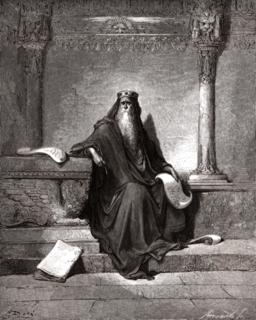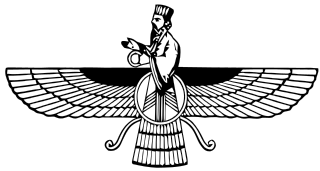A Quote by Jeremiah
Even a fool, when he holdeth his peace, is counted wise.
Related Quotes
We could almost say that being willing to be a fool is one of the first wisdoms. So acknowledging foolishness is always a very important and powerful experience. The phenomenal world can be perceived and seen properly if we see it from the perspective of being a fool. There is very little distance between being a fool and being wise; they are extremely close. When we are really, truly fools, when we actually acknowledge our foolishness, then we are way ahead. We are not even in the process of becoming wise — we are already wise.





















